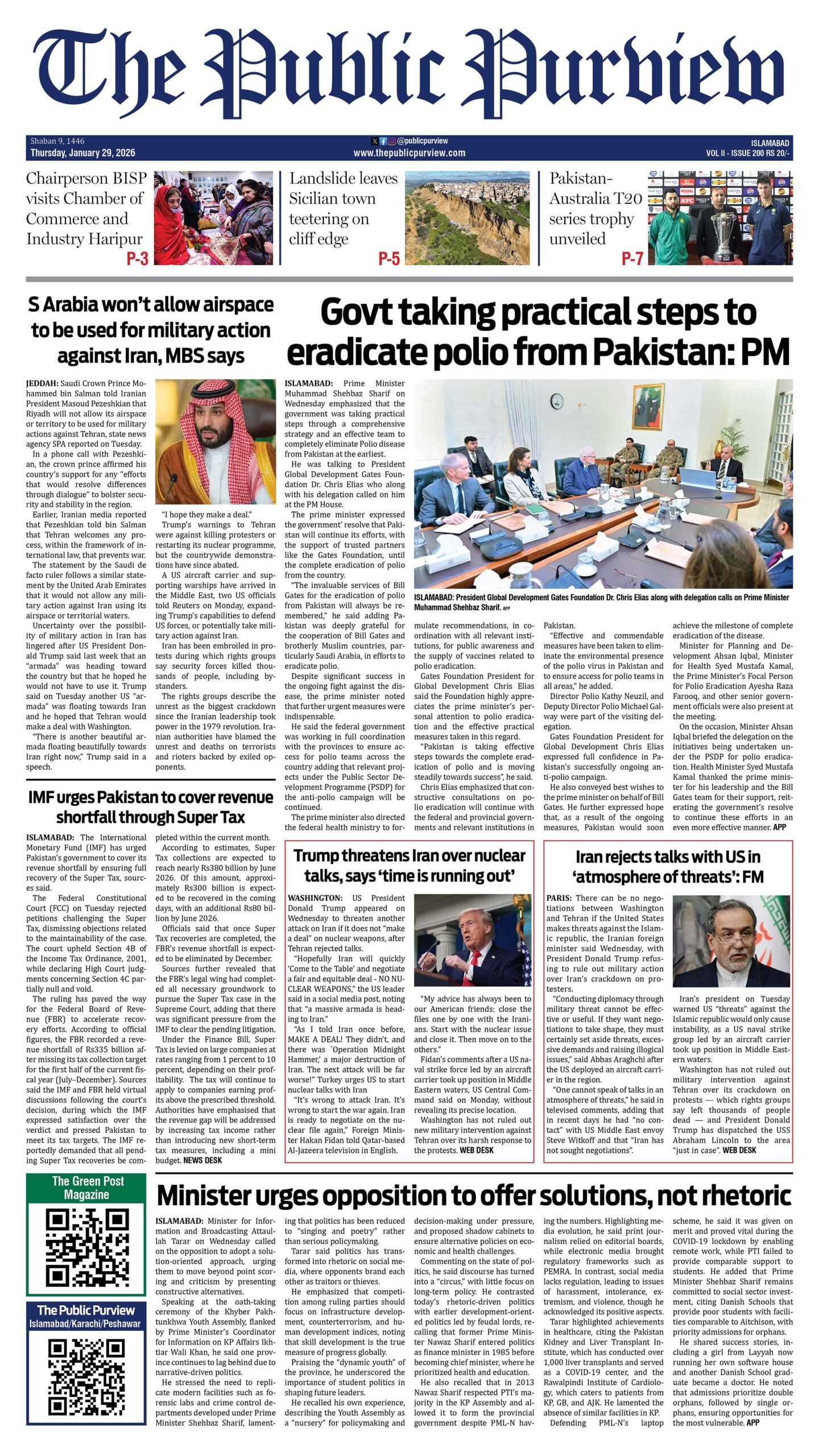In a world increasingly shaped by data, numbers are expected to be the last refuge of truth. But in 2025, faith in financial statements is being tested. Volatile markets, inflation shocks, and geopolitical disruptions have raised a critical question: Can we still trust what companies report?
As inflation rattles markets and technology transforms industries, a silent battle is unfolding within spreadsheets, annual reports, and corporate filings. On one side stands standard accounting, grounded in global rules and committed to transparency. On the other is creative accounting, operating in legal gray areas, serving corporate interests, and bending truth to meet targets. When numbers are manipulated, the impact is felt in bankruptcies, job losses, and shrinking retirement accounts.
In 2024, Macy’s admitted to burying $151 million in freight costs over several years. A single employee misclassified the expenses, which went unnoticed by internal and external auditors. In 2025, IndusInd Bank in India misclassified ₹674 crore as interest income, misleading stakeholders. Though later called an error, the damage to credibility was done. These are not isolated cases. They reflect wider patterns. Tactics include delaying expenses, accelerating revenue, hiding debt, and inflating assets. These actions are usually legal but often intended to mislead.
Technology is accelerating this trend. Cloud companies defer infrastructure costs while recognizing subscription revenue upfront. Crypto firms report inflated values for digital assets that are illiquid and difficult to verify. Some companies now use artificial intelligence to model overly optimistic forecasts. These predictions are backed by data but often amount to speculation presented as certainty.
Auditors are meant to prevent this, but many are struggling. The four largest audit firms, PwC, Deloitte, KPMG, and EY, face growing mistrust. In 2023, EY’s plan to split its audit and consulting arms, called Project Everest, collapsed due to internal disagreement and regulatory resistance. In 2025, PwC laid off 1,500 employees as part of strategic restructuring. However, leaked emails raised concerns about the effect on audit quality and rising pressure to keep high-paying clients despite weak financial controls. KPMG initiated a major restructuring, reducing partnerships from over one hundred countries to fewer than forty. The intention was to strengthen oversight, though critics viewed it as a response to failing local accountability.
In developing markets, the situation is more fragile. In Pakistan, the Karachi Stock Exchange surged over nine percent in a single day in May 2025 after a ceasefire with India. The rise triggered a trading halt. Beneath the enthusiasm, questions persisted about whether the financial disclosures of the driving companies were accurate.
Trust in corporate reporting remains low in Pakistan. In 2025, only 46 percent of the population believed financial statements reflect reality. By comparison, public trust was 74 percent in Norway, 68 percent in Germany, 61 percent in the United States, and 53 percent in India. The low confidence in Pakistan is linked to weak enforcement by the Securities and Exchange Commission, limited automation, and inadequate internal controls.
Many Pakistani companies still rely on manual accounting systems. Oversight is fragmented. Responsibilities are poorly segregated, giving excessive access to a few individuals. Vendor payments and asset tracking often lack real-time monitoring. In this environment, creative accounting becomes routine rather than exceptional.
Globally, regulators are increasing efforts. The United States has expanded surprise inspections and imposed heavier fines through the SEC and the PCAOB. Yet enforcement remains inconsistent. Many countries lack the technology and staffing required to address complex financial schemes. Cross-border fraud is particularly difficult to track.
The consequences are widespread. When financial numbers are manipulated, investors make decisions based on illusions. Stocks rise on false assumptions and fall when the truth surfaces. Employees lose jobs. Pensioners lose their savings. Communities lose businesses they depended on. This cycle was seen in major collapses like Enron, Carillion, Wirecard, and FTX. Each case began with numbers that appeared reliable and ended in disaster.
Standard accounting dominates in regions such as North America, Western Europe, and parts of Asia where regulatory oversight is strong and investor protection is prioritized. Countries including the United Kingdom, Canada, United states, Japan, China and Germany maintain strict compliance frameworks to ensure transparency and accountability. In contrast, creative accounting is more common in economies with weaker enforcement, limited transparency, or political interference in corporate governance. Although not restricted by geography, this divide reflects a broader global tension between ethical financial reporting and manipulative financial engineering. The outcome affects investor confidence and the integrity of economies.
As 2025 continues, the world stands at a crossroads. One path leads to transparency, responsibility, and long-term stability. The other leads to illusion, distortion, and eventual collapse. Companies must choose integrity. Auditors must fulfill their duties without compromise. Regulators must act decisively and without delay. When numbers are manipulated, the cost is not only measured in dollars or rupees. It is measured in livelihoods broken and public trust lost.
Article Authors:
 Hajra G. l1s22bsaf0035@ucp.edu.pk 7th Semester, BSAF University of Central Punjab |
 Sariba K. 7th Semester, BSAF University of Central Punjab |
 Himyle A. 7th Semester, BSAF University of Central Punjab |






 Today's E-Paper
Today's E-Paper